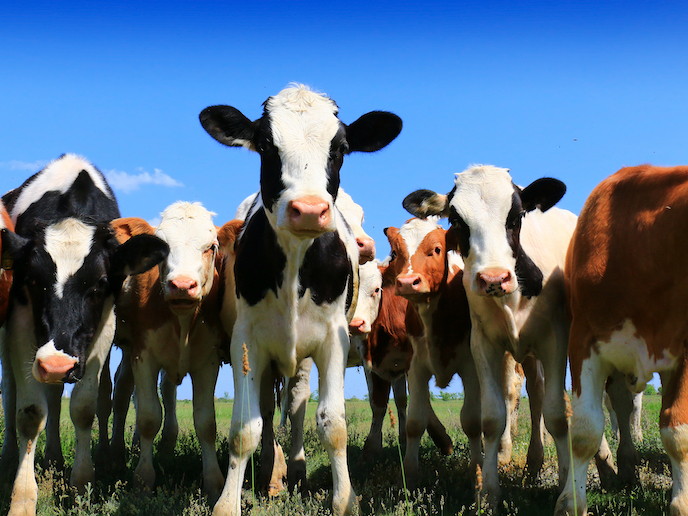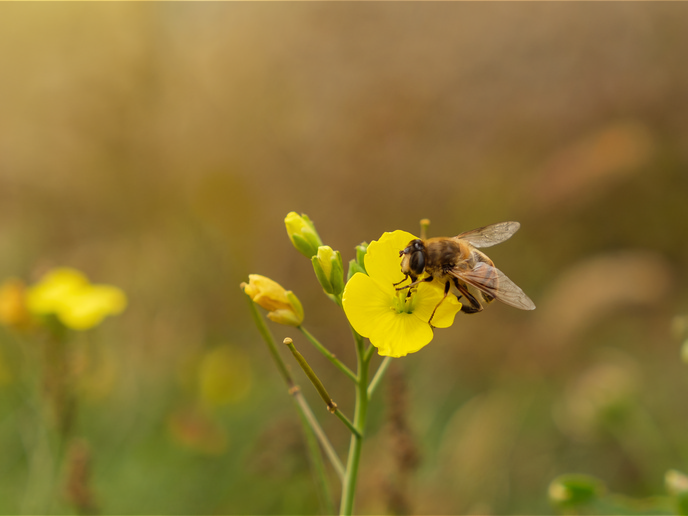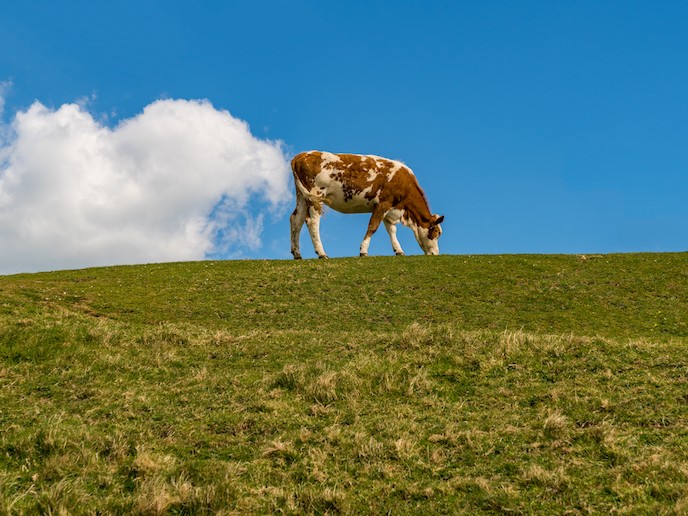Identifying genomic and phenotypic markers for enhanced dairy production
The world’s population is predicted to reach almost 10 billion by 2050. It has been estimated by the UN’s Food and Agricultural Organisation that to feed this amount of people, with their increasingly westernised diets (involving more dairy products), will require the production and distribution of 70 % more food(opens in new window). To meet this demand dairy, farmers need to scale-up production, but in a sustainable manner if they are to avoid increasing their carbon footprint and avoid further acceleration of climate change. Achieving this profitably will require increased milk yield, cow health, longevity, good fertility while improving efficiency of feed inputs and reducing green-house gas production. The EU-supported GplusE project’s contribution has been to make the genomic selection of suitable dairy cows easier, by identifying the genotypes for biological variation and investigating how the environment and farm management can influence that variation. GplusE annotated the bovine genome with information relating phenotypes to genomic variation. Dairy herd management strategies were also developed, which included the identification of 11 risk factors and seven critical control points for enhancing the health, welfare and productivity of lactating dairy cows. Improving selection The project carried out experiments to relate genotype to phenotype in dairy cows. Initially the team developed easily measurable biomarker traits that would correlate with important traits related to health, fertility, physiological status, welfare, production and environment. Using these traits, genome-wide association studies were conducted with around 30 000 dairy cows, across various production environments in Europe and China. The team identified numerous phenotypic markers in milk including mid-infrared spectra (MIR)-based and metabolic markers for fertility (eg IGF-I), imbalanced energy status (milk biomarkers and MIR-based biomarkers), health, and environmental foot-print, including nitrogen efficiency. The work led to estimated breeding values (the risk of an animal inheriting a disorder) for some of the ‘robustness’ MIR biomarkers, that could help in the selection of dairy cows better able to tolerate heat stress. “Genomic markers from the project should be used to improve genomic selection and breeding for characteristics such as reduced carbon footprint and greater overall health,” says project coordinator Prof Mark Crowe. “I am especially proud of our development of strong fertility predictor traits, which we have convincingly validated.” Epigenomic studies were also undertaken to reveal specific gene expression patterns and their regulation in various tissues, (whole blood leukocytes, peripheral blood monocytes, liver and milk somatic cells). New gene pathways have now been identified which link metabolic status to fertility and mastitis (inflammation of the mammary gland or udder). Additionally, the research enhanced understanding of the relationship between immune status and health in cows after giving birth. Boosting sustainable food production The results of GplusE promise to augment mid-infrared spectra prediction – the standard technique used by farmers – of health traits, to improve animal welfare, while also increasing food production efficiency. Additionally, as the project offers more effective management and decision-making by dairy producers, it supports increased farming sustainability, helping ensure that consumers ultimately get access to high quality products. “Our genomic work will also inform other mammalian projects investigating possible genomic-phenomic relationships and so contribute to the health of other mammals, including humans. To help facilitate this we have put significant effort into rolling out training opportunities to researchers working in the field,” says Prof Crowe. The team is currently exploring further funding options to progress the project results to the point where they can be adopted by industry.







